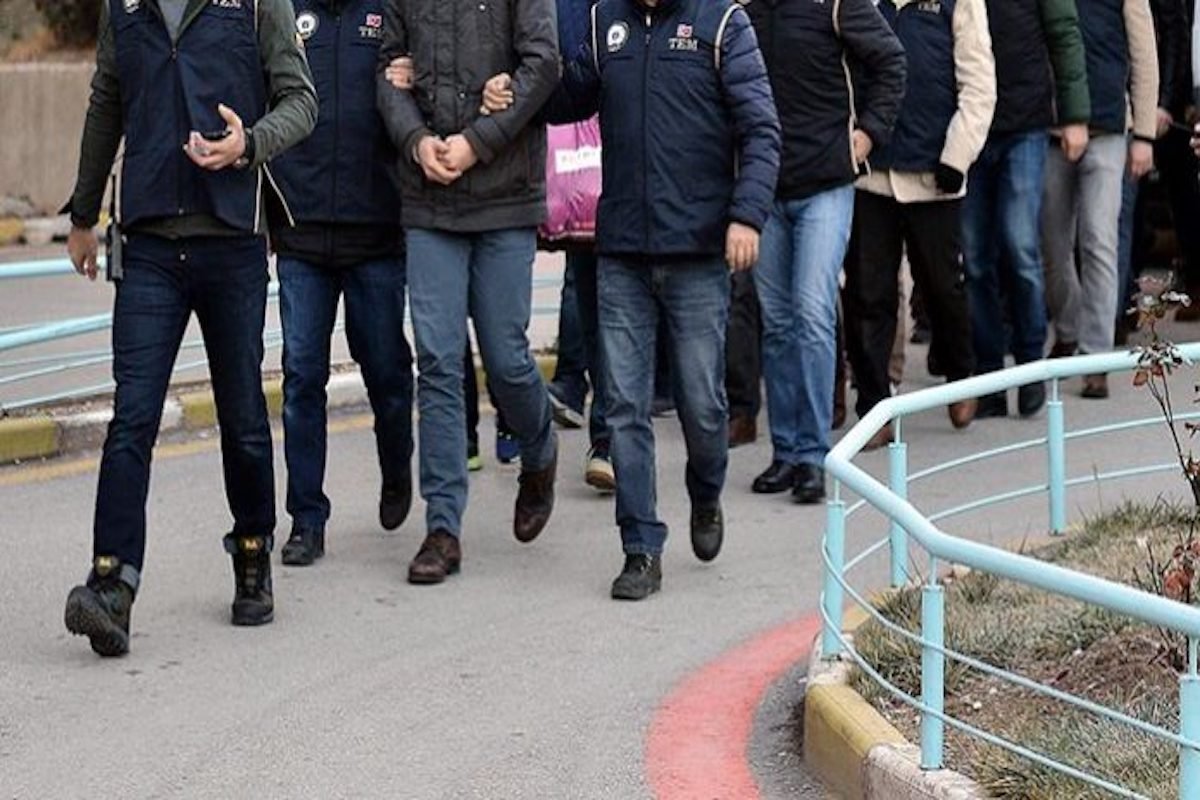A criminal complaint filed by the Security General Directorate (EGM) against Turkey’s main opposition leader after he blamed the government for widespread drug use in the country was the first petition targeting a politician based on a controversial new media law, Turkish Minute reported, citing the Artı Gerçek news website.
Kemal Kılıçdaroğlu, leader of the main opposition Republican People’s Party (CHP), accused the ruling Justice and Development Party (AKP), in particular Interior Minister Süleyman Soylu, of involvement in facilitating money laundering and drug trafficking in Turkey earlier this week.
The CHP leader claimed that the government was using the “black money” that was coming into Turkey from drug trafficking to close the country’s current account deficit.
In the wake of Kılıçdaroğlu’s claims, which were made in a video he released on Twitter on Oct. 31, the EGM, along with the Gendarmerie General Command and Minister Soylu, said they would file a criminal complaint against him.
According to Artı Gerçek, the EGM complaint was the first one to be filed against a politician based on Article 29 of Turkey’s recently approved “disinformation” law, which criminalizes the dissemination of “false or misleading information” and stipulates prison sentences for one to three years.
The law, which was approved in parliament and then signed by President Recep Tayyip Erdoğan last month, has attracted widespread criticism from rights groups and the opposition on accusations it will further cripple free speech in Turkey.
The EGM also accused Kılıçdaroğlu of “insult,” “slander” and “degrading the Turkish nation, the Turkish Republic and the organs and institutions of the state.”
Speaking to the ANKA news agency about the complaint against Kılıçdaroğlu, his lawyer, Celal Çelik, said the EGM filing such a petition showed that the CHP was right in its criticism that the “disinformation” law would be used to further restrict freedom of expression in Turkey, especially that of opposition politicians.
Çelik said they would take action against the complaint, and added, referring to the EGM, “They have been politicized. … The fact that they had the audacity to file a complaint against a politician, the leader of the main opposition party, based on political concerns, reveals that they abused their public duty.”
The timing of the “disinformation” law has raised concerns that it is intended to muzzle online reporting and commentary critical of Erdoğan’s government in the run-up to elections in 2023.
The AKP government has been relentless in its crackdown on critical media outlets, particularly after a coup attempt on July 15, 2016.
Turks are already heavily policed on social media, and many have been charged with insulting President Erdoğan or his ministers, or criticism related to foreign military incursions and the handling of the coronavirus pandemic.
















